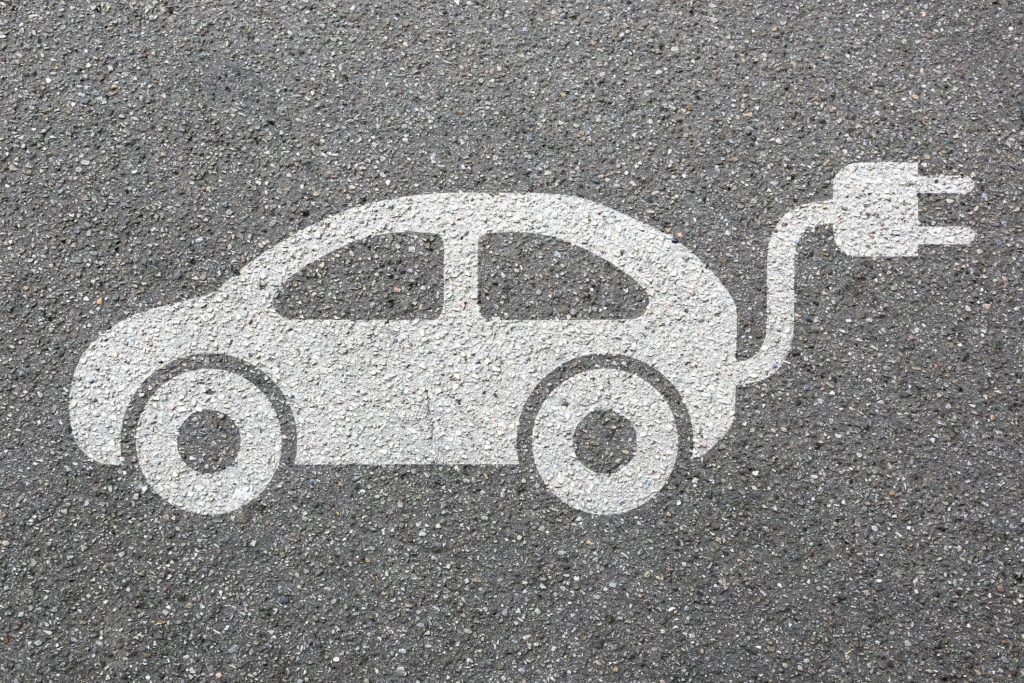BorgWarner acquisition highlights parts market shift to EV technology
18 July 2017

18 July 2017
Vehicle powertrain supplier BorgWarner has bolstered its electric and hybrid vehicle offering with an agreement to acquire UK company Sevcon, a sign that more parts companies are looking to diversify their existing operations to include electric vehicle (EV) technology.
BorgWarner is known for its transmission and turbocharger supply to vehicle manufacturers and the aftermarket, and its new purchase gives it better access to electric propulsion markets in Europe and the US. Sevcon is a manufacturer of controls and battery chargers for zero-emission hybrid and electric vehicles and was bought for €173 million, with the US based company expected to use existing cash to fund the deal rather than having to rely on investment.
In a statement, James Verrier, President and CEO of BorgWarner, comments: ′This acquisition supports our existing strategy to supply leading technology for all types of propulsion systems; combustion, hybrid and electric. We look forward to welcoming Sevcon’s talented employees to BorgWarner.’
Sevcon″¯President and CEO″¯Matt Boyle adds: ′The proposed merger with″¯BorgWarner″¯provides substantial value to our stockholders and the chance for″¯Sevcon″¯to maximize previous growth investments and capitalize on greater opportunities as a part of a much larger organization with significant market presence.’
In April 2017, BorgWarner invested in Autotech Ventures, a Silicon Valley-based venture capital firm, which monitors and backs new automotive and technology startups. BorgWarner Chief Strategy Officer Brady Ericson said at the time that the investment would help the company adapt to shifts in propulsion technology and personal mobility.
′While trends from electrification and autonomy continue to evolve, BorgWarner’s recent business moves are defining its position in the future automotive landscape,’ he commented.
Parts suppliers are continuing to look for investments in EV technology as vehicle manufacturers push the technology to new levels. In June 2017, German powertrain component supplier Schaeffler slashed its profit forecast for the year as it announced it needed to invest more in research and development (R&D) for EV components. At the same time, manufacturer BMW decided to reduce the number of vehicle options it offers customers, in order to reinvest in its own EV R&D.
Meanwhile, Volkswagen (VW) is considering options for its majority-owned transmission maker Renk, as it looks to streamline operations and fund an overhaul following the emissions scandal. Options could include selling shares or offloading the entire company, which supplies bearings and parts to companies building ships and wind turbines.
VW is reducing its spending and looking to cut jobs and services to help pay for a multi-billion euro shift to embrace EVs and mobility services, an area it has decided needs investment in order to help project a cleaner image of its brand following Dieselgate. The company has already initiated the sale of its motorcycle brand Ducati.